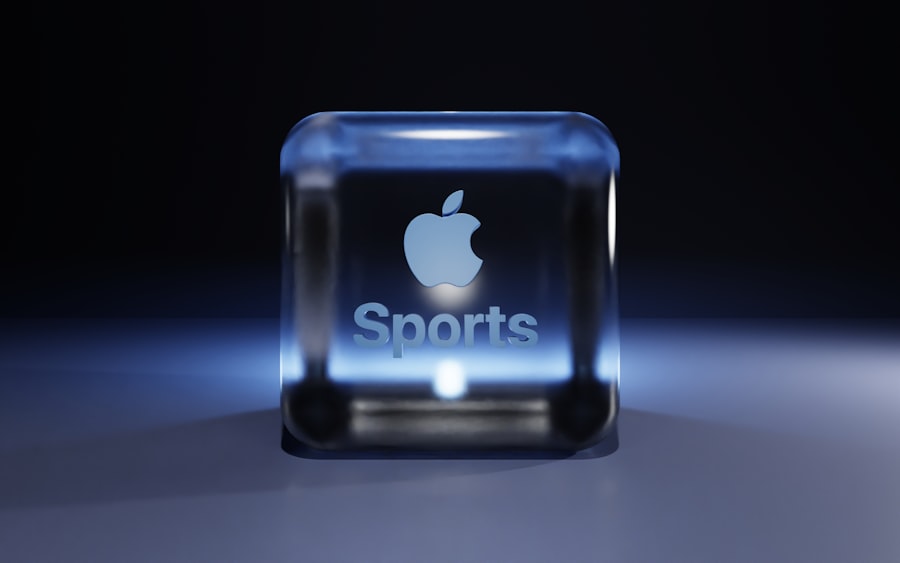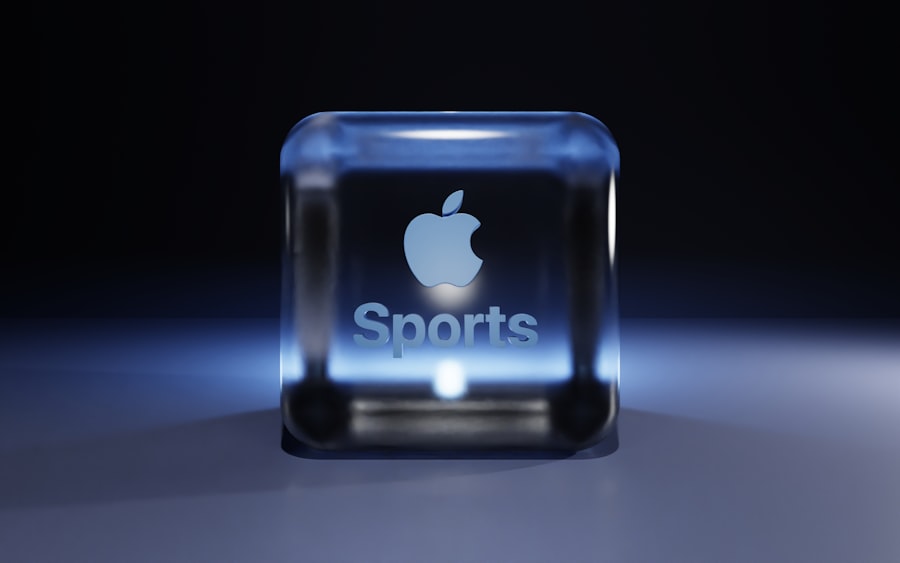The world of sports is not just about athletic prowess; it is also a complex ecosystem involving business acumen, marketing strategies, and legal expertise. At the heart of this ecosystem are sports agency companies, which serve as intermediaries between athletes and the various stakeholders in the sports industry, including teams, sponsors, and media outlets. These agencies have evolved significantly over the years, transitioning from simple representation firms to multifaceted organizations that offer a wide range of services designed to enhance an athlete’s career and brand.
The rise of sports agencies can be traced back to the mid-20th century, when professional sports began to gain popularity and athletes started to recognize the need for professional representation. Sports agencies play a crucial role in shaping the careers of athletes, providing them with the necessary tools and support to navigate the complexities of professional sports. They are responsible for negotiating contracts, securing endorsements, and managing public relations, among other tasks.
As the sports industry continues to grow and evolve, the influence of sports agencies has become increasingly significant. With the advent of social media and digital marketing, athletes are now more than ever in need of expert guidance to build their personal brands and connect with fans. This article delves into the multifaceted role of sports agency companies, exploring their impact on athlete success, branding, and the future of the industry.
Key Takeaways
- Sports agency companies play a crucial role in managing and advancing athletes’ careers.
- They offer a range of services including contract negotiation, branding, marketing, and career management.
- Top sports agencies have a track record of representing successful athletes and securing lucrative deals.
- These agencies significantly impact athlete branding and help maximize their market value.
- The future of sports agencies involves adapting to changes in the sports industry and leveraging new opportunities.
The Role of Sports Agencies in the Success of Athletes
Sports agencies are pivotal in determining an athlete’s trajectory within their respective sports. They provide a comprehensive support system that allows athletes to focus on their performance while leaving the business aspects to professionals. One of the primary roles of a sports agency is contract negotiation.
This involves not only securing the best financial terms but also ensuring that the contract aligns with the athlete’s long-term career goals. For instance, a skilled agent will negotiate clauses that protect an athlete’s interests in case of injury or performance-related issues, thereby safeguarding their financial future. Moreover, sports agencies often act as career advisors, helping athletes make informed decisions about their careers.
This includes advising on which teams to join, when to enter free agency, or even when to retire. The agency’s expertise in market trends and team dynamics can provide invaluable insights that athletes may not possess. For example, an athlete considering a move to a new team may rely on their agency to assess not only the financial implications but also how such a move could affect their playing time and overall career trajectory.
This holistic approach ensures that athletes are not just making decisions based on immediate gains but are also considering their long-term success.
Top Sports Agency Companies in the Industry

The sports agency landscape is populated by several prominent firms that have established themselves as leaders in the industry. One of the most recognized names is Creative Artists Agency (CAA), which represents a diverse roster of athletes across various sports, including basketball, football, and baseball. CAA has built a reputation for its innovative approach to athlete representation and has been instrumental in securing lucrative endorsement deals for its clients.
Their extensive network and deep understanding of market dynamics allow them to create tailored strategies that maximize an athlete’s earning potential. Another major player is Octagon, known for its comprehensive services that extend beyond traditional representation. Octagon not only negotiates contracts but also focuses on athlete branding and marketing strategies.
Their approach emphasizes building long-term relationships between athletes and brands, ensuring that endorsements align with an athlete’s personal values and public image. Additionally, agencies like Wasserman and Klutch Sports Group have made significant strides in recent years, representing high-profile athletes and leveraging their influence to secure substantial deals. Each of these agencies brings unique strengths to the table, contributing to a competitive environment that ultimately benefits the athletes they represent.
Services Offered by Sports Agency Companies
| Service Category | Description | Common Metrics | Typical Clients |
|---|---|---|---|
| Player Representation | Negotiating contracts, endorsements, and career management for athletes. | Number of contracts negotiated, endorsement deals secured, average contract value | Professional athletes, emerging talent |
| Marketing & Branding | Developing athlete or team brand identity and marketing campaigns. | Brand awareness increase, social media engagement, sponsorship deals | Athletes, teams, sports organizations |
| Event Management | Organizing sports events, tournaments, and promotional activities. | Number of events managed, attendance figures, revenue generated | Sports leagues, sponsors, venues |
| Media & Public Relations | Handling media relations, press releases, and public image management. | Media mentions, press coverage quality, crisis management success rate | Athletes, teams, sports brands |
| Sports Analytics & Performance | Providing data analysis and performance improvement strategies. | Performance metrics improved, injury reduction rates, analytics reports delivered | Teams, coaches, athletes |
| Legal & Financial Advisory | Offering legal counsel and financial planning for sports professionals. | Contracts reviewed, financial plans created, compliance cases handled | Athletes, sports organizations |
Sports agencies offer a wide array of services designed to cater to the diverse needs of athletes. Contract negotiation is perhaps the most well-known service, but agencies also provide legal counsel to ensure that all agreements comply with industry regulations and protect the athlete’s rights. This legal expertise is crucial in navigating complex contracts that often involve multiple parties and intricate clauses.
Furthermore, agencies assist with financial planning and management, helping athletes make sound investment decisions that can secure their financial future beyond their playing days. In addition to these core services, many sports agencies have expanded their offerings to include marketing and public relations support. This can involve crafting an athlete’s public image through social media management, media training, and strategic partnerships with brands.
For instance, an agency may help an athlete develop a personal brand that resonates with fans while also aligning with potential sponsors. This multifaceted approach ensures that athletes are not only successful on the field but also off it, creating opportunities for endorsements and partnerships that can significantly enhance their income.
Success Stories of Athletes Represented by Top Sports Agencies
The impact of sports agencies can be illustrated through numerous success stories of athletes who have benefited from professional representation. LeBron James, represented by Klutch Sports Group, is a prime example of how effective agency representation can elevate an athlete’s career both on and off the court. Klutch Sports has played a pivotal role in negotiating some of the most lucrative contracts in NBA history for James while also helping him build a powerful personal brand through various endorsements and business ventures.
Similarly, tennis superstar Serena Williams has leveraged her relationship with her agency to create a multifaceted career that extends beyond her achievements on the court. Her agency has facilitated numerous endorsement deals with major brands like Nike and Wilson while also supporting her entrepreneurial endeavors, including her own fashion line. These examples underscore how top sports agencies can significantly enhance an athlete’s earning potential and overall career trajectory by providing strategic guidance and support.
The Impact of Sports Agency Companies on Athlete Branding and Marketing

In today’s digital age, athlete branding has become increasingly important as social media platforms allow athletes to connect directly with fans. Sports agencies play a crucial role in shaping these personal brands by developing marketing strategies that resonate with target audiences. This involves not only promoting an athlete’s achievements but also crafting narratives that highlight their personality, values, and off-field interests.
For instance, agencies often work with athletes to create engaging content for social media platforms that showcases their lives beyond sports, thereby humanizing them and fostering deeper connections with fans. Moreover, successful branding can lead to lucrative endorsement opportunities. Brands are increasingly looking for authentic partnerships with athletes who align with their values and resonate with their target demographics.
A well-managed personal brand can significantly enhance an athlete’s marketability, leading to endorsements that can surpass their playing salaries. Agencies leverage their industry connections to secure these partnerships while ensuring that they align with the athlete’s image and long-term goals.
How Sports Agency Companies Navigate Contracts and Negotiations for Athletes
Navigating contracts and negotiations is one of the most critical functions of sports agencies. The process requires a deep understanding of both the legal landscape and the specific dynamics of each sport. Agents must be adept negotiators who can advocate fiercely for their clients while maintaining professional relationships with team executives and other stakeholders.
This often involves extensive research into market trends, salary benchmarks, and team needs to craft proposals that are both competitive and realistic. Additionally, agents must be prepared for various scenarios during negotiations. For example, they may need to negotiate performance bonuses or incentives based on specific metrics such as games played or points scored.
Understanding these nuances allows agents to create contracts that not only meet immediate financial needs but also incentivize long-term performance. Furthermore, agents often work closely with legal teams to ensure that all contractual obligations are clearly defined and enforceable, protecting their clients’ interests throughout their careers.
The Future of Sports Agency Companies in the Evolving Sports Industry
As the sports industry continues to evolve with advancements in technology and changes in consumer behavior, sports agency companies must adapt to remain relevant. The rise of digital platforms has transformed how fans engage with sports, creating new opportunities for athlete branding and marketing. Agencies will need to embrace these changes by leveraging data analytics to better understand fan preferences and tailor marketing strategies accordingly.
Moreover, as more athletes become entrepreneurs in their own right, agencies will likely expand their services to include business development support beyond traditional representation. This could involve helping athletes launch their own brands or invest in startups aligned with their interests. The future will likely see a more integrated approach where sports agencies not only represent athletes but also act as strategic partners in building sustainable careers that extend well beyond their playing days.
In conclusion, sports agency companies play an indispensable role in shaping the careers of athletes across various sports disciplines. Their expertise in contract negotiation, branding, marketing, and career management allows athletes to focus on what they do best—competing at the highest level—while ensuring they are well-represented in all aspects of their professional lives. As the industry continues to evolve, so too will the strategies employed by these agencies to meet the changing needs of athletes in an increasingly complex landscape.



